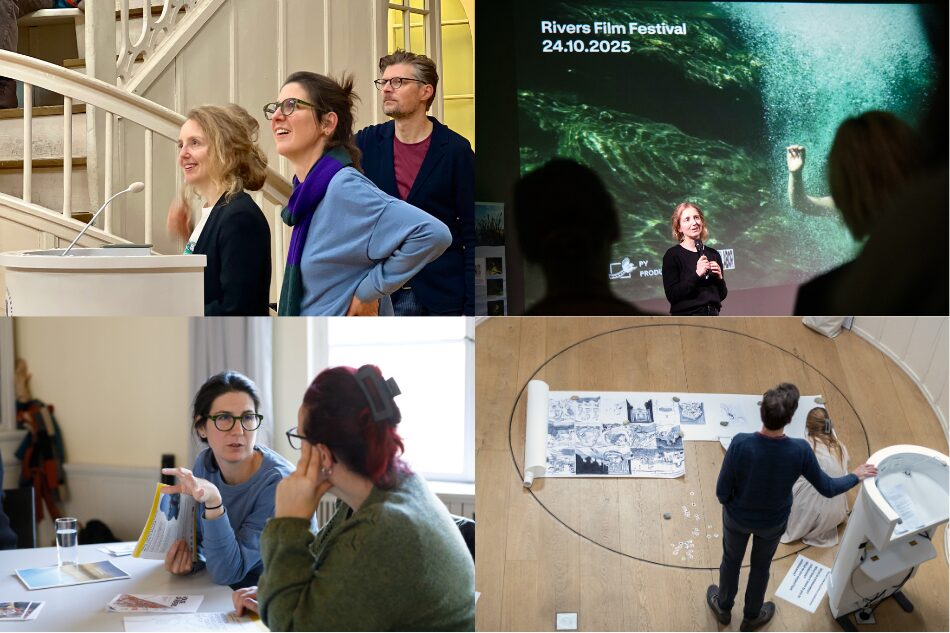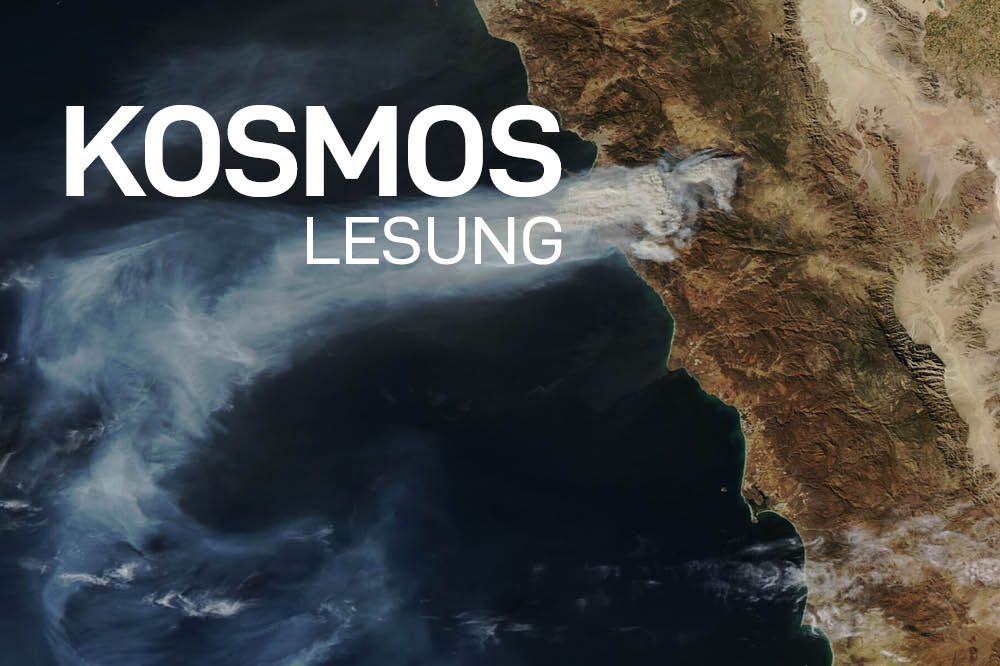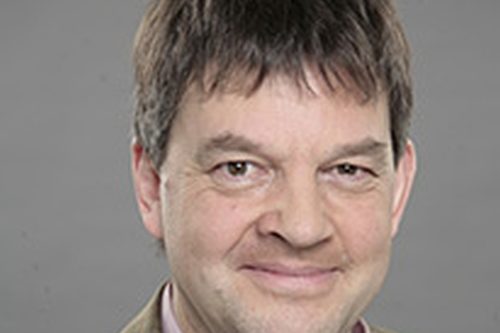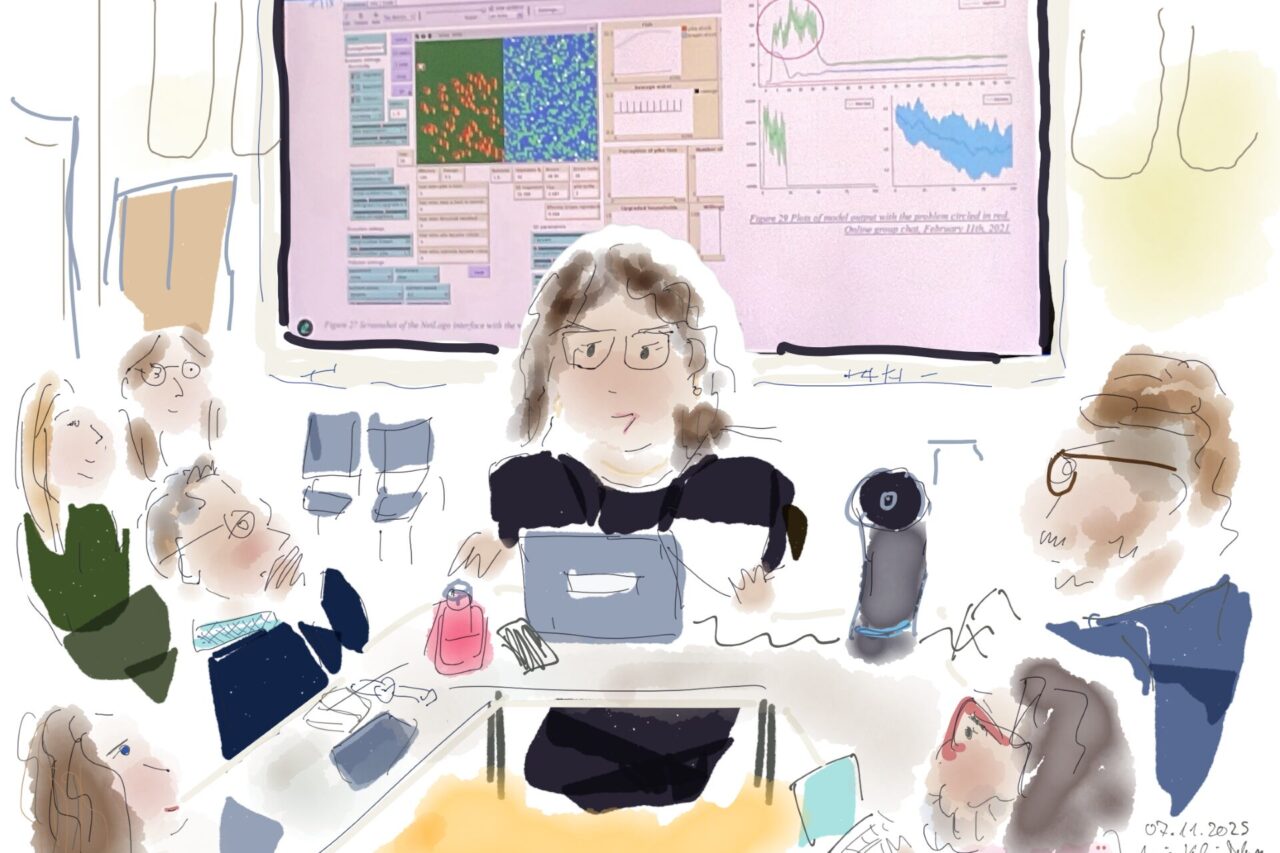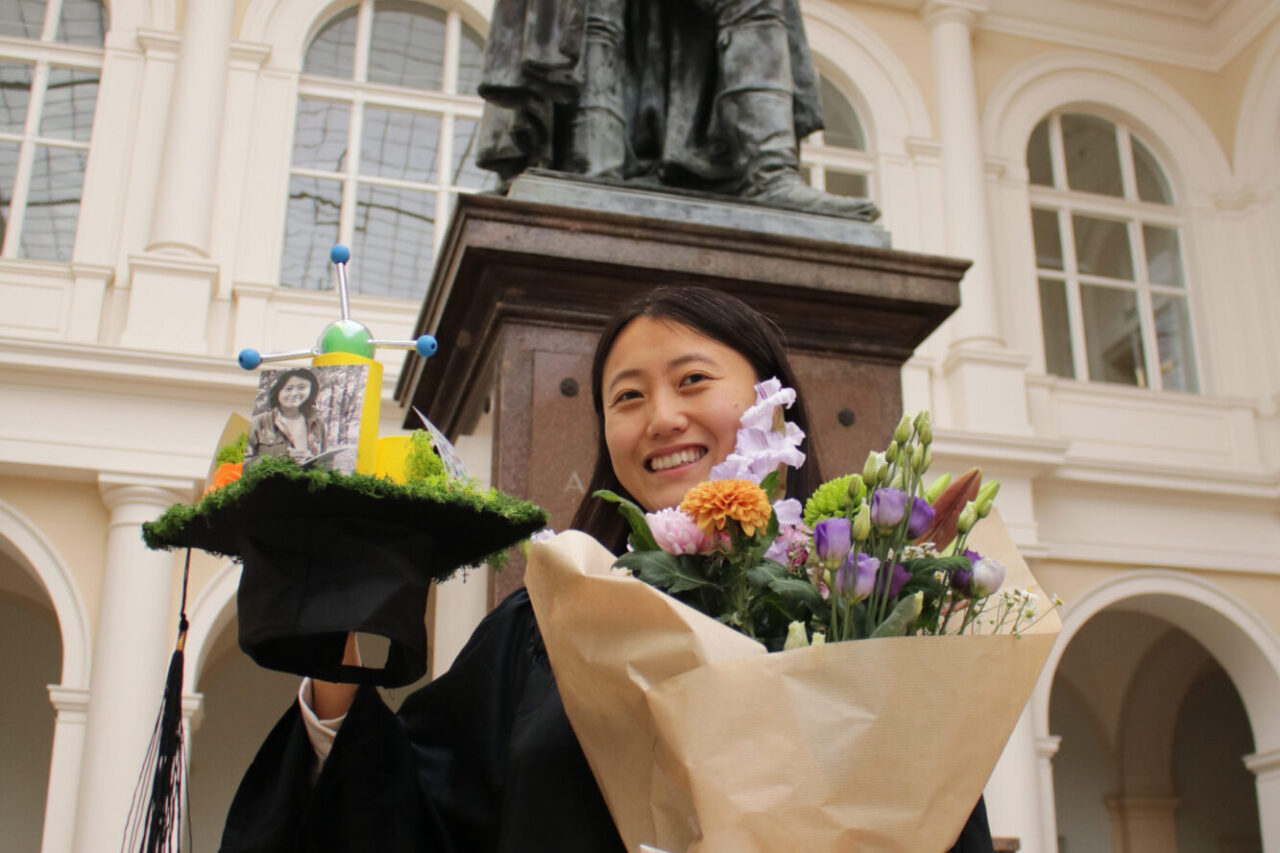The Water Security for Whom project (W4W) project co-organized a public event to highlight the role of riverine women in Colombia. At the beginning of September, Jully Mora, leader of the Sogamoso River Fishing Board and local partner of the research project, was invited to the 17th Medellín Book and Culture Festival, considered one of the largest cultural events in Medellín, Colombia.
Shared experiences to understand human-river practices
Jully – together with other four women from different Andean rivers in Colombia – shared her experiences of living and transforming local realities around river protection in the Sogamoso River, one of the dam-controlled rivers investigated by the Water for Whom (W4W) project.
The ethnographic research within W4W, led by the doctoral researcher Laura Betancur Alarcón, has engaged with Jully’s organization to understand human-river practices. Together with ribereños (riverine dwellers), Betancur is studying the transformations in local environmental knowledge and livelihood strategies in a region dominated by extractivist practices and armed conflict legacies.
“I received too much mistreatment” – voices of rural leaders
Aiming to amplify local voices around river protection, the W4W project supported and invited Jully to participate in this public event, where normally voices of rural leaders are not present.
“When I started, I received too much mistreatment. People didn’t trust me, because of my age and my gender, they had a distorted perception of who one is… I think that honesty and openness have been one of the bases that allowed me to be a part of the organization”, told Jully about her experience starting in artisanal fishing associations, regularly led and dominated by men.
Encounters of Knowledges: Women, Mountains, and Rivers
This public event was part of a wider meeting called “Encuentro de Saberes: Mujeres, montañas y ríos” (Encounters of Knowledges: Women, Mountains, and Rivers), organized by the initiative “Pensar con los ríos: la paz ambiental en Colombia” (Thinking with Rivers for Environmental Peacebuilding in Colombia).
This initiative is supported by the German-Colombian Peace Institute (CAPAZ) and carried out by IRI THESys, the Colombian universities: Universidad Pontificia Bolivariana, Universidad de Caldas, and UniClaretiana; the NGO Instituto Popular de Capacitación (Colombia); and Wageningen University (The Netherlands).
The “Encounter of Knowledges” brought together seven women of the rivers Cauca, Sogamoso, La Miel, and Dormilón in the macro basin of Magdalena-Cauca, the most relevant basin in Colombia. During the three-day event (September 7 -9), women narrated their visions on how and who advocates for rivers and how being women defenders is distinctive when struggling for riverine causes.
The learnings gathered during the field visit and workshop are key for the next stages in the “Thinking with Rivers for Environmental Peacebuilding” initiative. The aim is to co-design with local organizations citizen participatory mechanisms and socio-legal strategies in each of these Colombian rivers to strengthen the environmental peacebuilding processes.
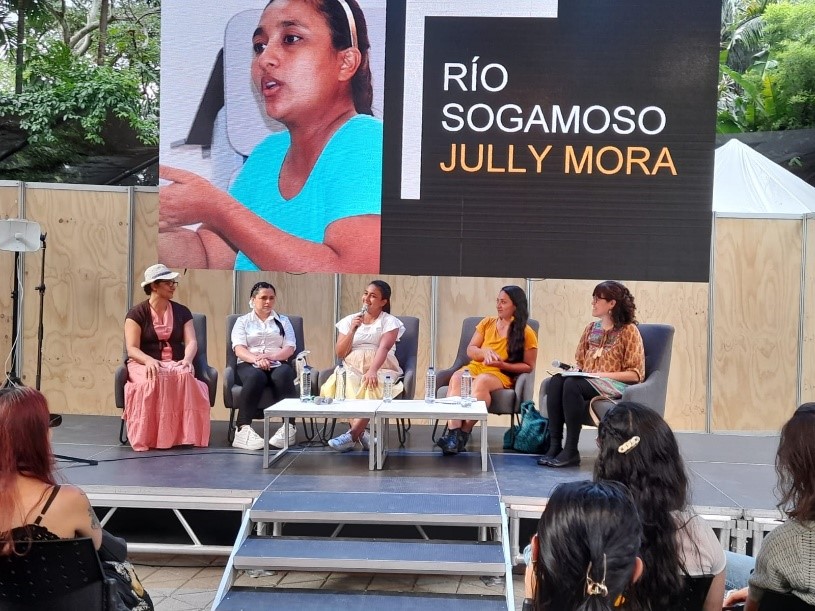
Jully Mora speaks at the 17th Medellín Book and Culture Festival about her role as leader of the Sogamoso River Fishing Board in Santander, Colombia.
(Photo credit: Team Pensar con los ríos)



